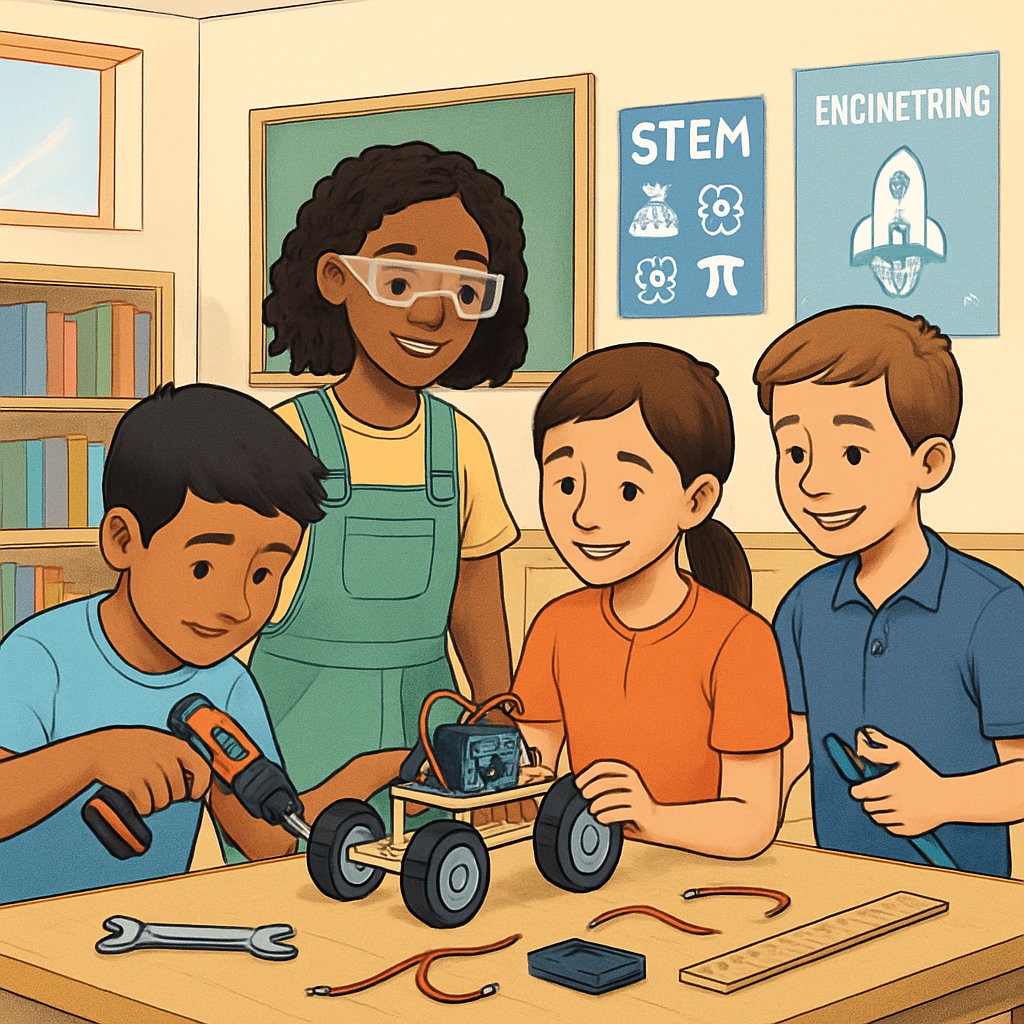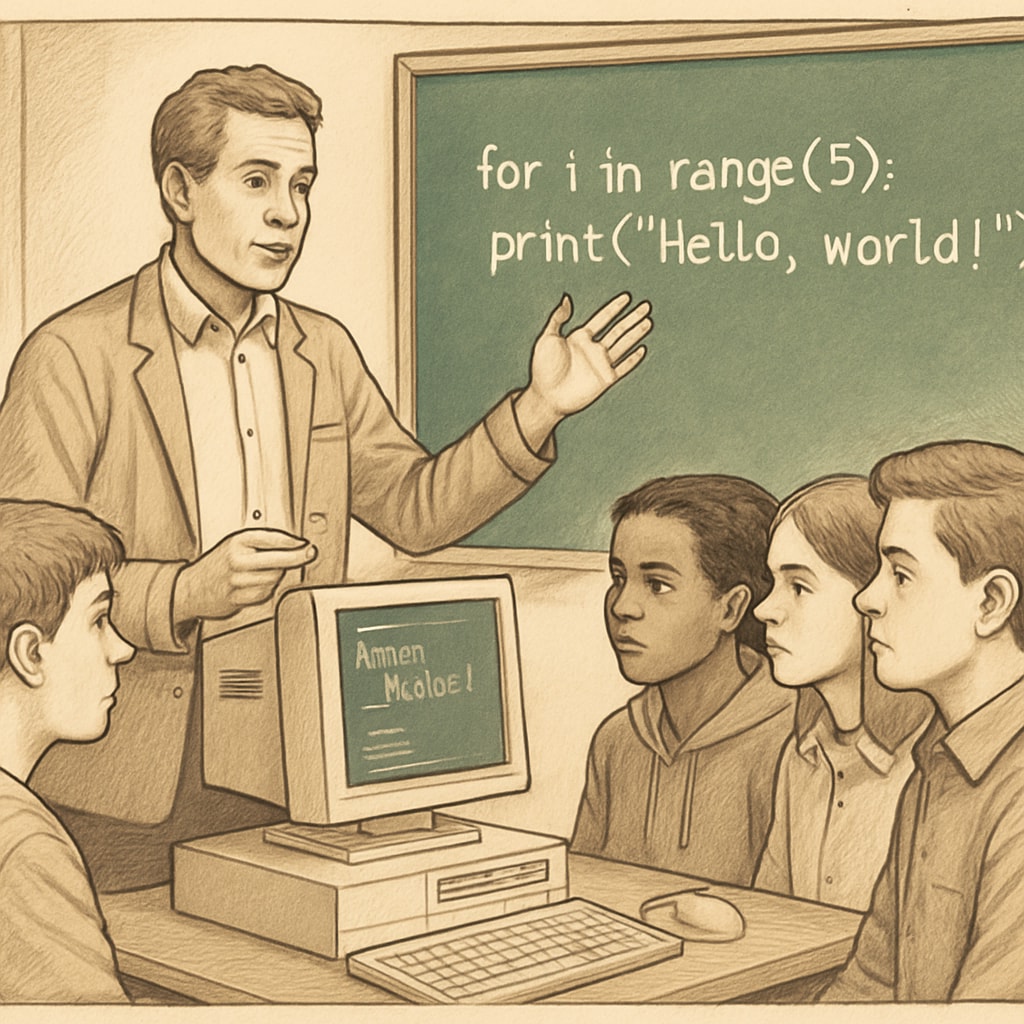The rising unemployment rates highlight a critical issue in the current educational framework: the disconnection between academic achievement and job market demands. While K-12 education traditionally prioritizes academic excellence, this focus often overlooks the skills and competencies necessary for career success. As society faces economic uncertainty, it is imperative to rethink the value of K-12 education and its role in preparing students for the future.

The Disconnect Between Academic Achievement and Career Readiness
One of the major criticisms of the K-12 educational system is its overemphasis on standardized testing and academic scores. While these metrics have historically served as benchmarks for student success, they fail to address the real-world skills employers increasingly demand. For example, soft skills such as communication, teamwork, and adaptability are often undervalued in traditional curricula. This mismatch contributes to the growing challenge of unemployment among young graduates.
According to Britannica’s analysis on education, the focus on academic achievement often overlooks vocational and technical training, which can directly address employment needs. In addition, the rapid evolution of industries such as technology and renewable energy further underscores the importance of integrating practical skills into the educational experience.
Redefining K-12 Education: A Holistic Approach
To bridge the gap between education and the job market, K-12 education must adopt a more holistic approach. This includes integrating vocational training, real-world problem-solving, and digital literacy into the curriculum. By equipping students with a broader range of skills, schools can better prepare them for diverse career paths.
Furthermore, partnerships with local businesses and industries can provide students with internships, apprenticeships, and mentorship opportunities. These experiences not only enhance employability but also offer insight into the practical applications of their education.
- Introduce project-based learning to promote critical thinking and teamwork.
- Expand STEM programs to include applied sciences and technical skills.
- Offer career counseling to help students align their interests with market opportunities.

Adapting Education to Meet Future Workforce Needs
The job market is continuously evolving, driven by advancements in technology and global economic shifts. Education systems must be agile enough to adapt to these changes. For instance, emerging fields like artificial intelligence (AI) and sustainability require specialized knowledge and innovative thinking. Schools should anticipate these trends and incorporate relevant subjects into their curricula.
Additionally, fostering entrepreneurial mindsets can empower students to create their own opportunities rather than relying solely on traditional employment. As noted by Wikipedia’s overview of education, this approach promotes resilience and adaptability, qualities that are essential in today’s workforce.
Conclusion: Reimagining Success in Education
In conclusion, the current emphasis on academic achievement in K-12 education is insufficient in addressing the realities of the modern job market. By redefining success to include practical skills, vocational training, and adaptability, the education system can better prepare students for future challenges. As unemployment rates remain high, it is crucial to invest in an educational framework that aligns with the demands of the workforce and empowers students to thrive in their careers.
Readability guidance: This article uses short paragraphs and structured headings to ensure clarity. Lists are included to summarize actionable points. Overuse of passive voice and long sentences is avoided to enhance readability.


